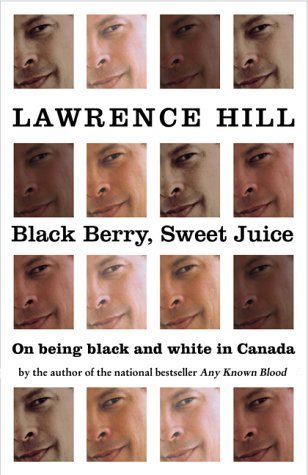Author Hill speaks on race, place, and identity at ‘City of Words’ seriesPosted in Articles, Canada, Identity Development/Psychology on 2012-02-07 03:08Z by Steven |
Author Hill speaks on race, place, and identity at ‘City of Words’ series
University of Toronto, Scharborough
2012-02-06
Kurt Kleiner
Writer Lawrence Hill has always felt attachment to people, not places. Nevertheless, the place he grew up – Don Mills in the early 1960s – shaped him as a person and as a writer.
Hill is the best-selling and critically acclaimed author of The Book of Negroes and many other works of fiction and non-fiction. He spoke at UTSC on Feb. 1 about the importance of a sense of place to a writer, about the surprise success of The Book of Negroes, and about the new novel he is just completing.
Hill, the son of a black father and a white mother, grew up in an all-white neighborhood. He had good friends, did well in school, played hockey, and usually faced no questions about his racial identity – until suddenly someone would fling a racial slur at him.
“I was so confused about who I was and how to perceive myself,” he says. “Nine days out of 10 I’d just be sailing along … It would come out of the blue. But that ambiguity was a great crucible in which to become a writer.”
The City of Words reading series is intended to give voice to writers who come from or write about Scarborough. More generally it examines the role of geography in shaping a writer, says Karina Vernon, professor of English at UTSC and lead organizer of the reading series. Not only is Don Mills right next door to Scarborough, but many of Hill’s experiences there are similar to those of people growing up in Scarborough now.
“Lawrence Hill is one of the most gifted authors in Canada today, and one of the foremost theorists of the black and mixed-race experience in Canada,” Vernon said as she introduced Hill…
Read the entire article here.

